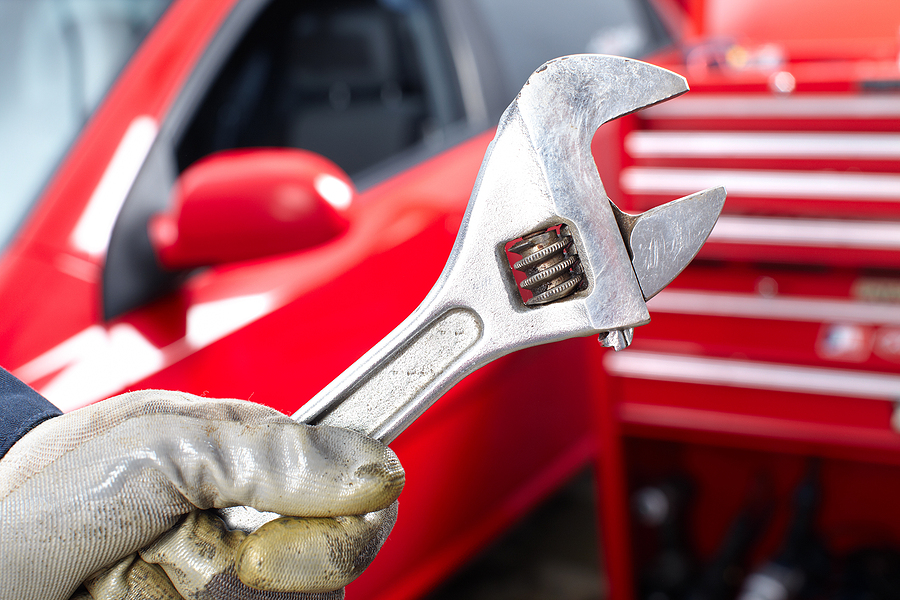As winter approaches and the temperature starts to drop, relying on your car’s heater becomes a daily necessity. But what happens when you crank up the heat and all you’re met with is a blast of frigid air? Understanding common car heater problems is the first step to resolving this inconvenient issue.
In this blog post, we’ll dive into the reasons behind a broken car heater, the implications it can have on your daily commute, and how best to approach car heater repair. So, keep reading to equip yourself with crucial knowledge that will keep you warm and your travels comfortable throughout the colder months.

Common Reasons for a Malfunctioning Car Heater
Before we get into the details of how to fix your car heater, it’s essential to understand what might be causing the issue in the first place. Typically, there are three main reasons why your car’s heater may not be working: a malfunctioning thermostat, a faulty heater core, or low coolant levels.
1. Malfunctioning Thermostat
The thermostat is responsible for regulating the temperature of your car’s engine, but it also plays a crucial role in heating up the cabin. If the thermostat gets stuck or fails to open and close correctly, it can affect the flow of hot coolant to the heater core, resulting in cold air blowing out instead of warm.
2. Faulty Heater Core
The heater core acts as a small radiator that uses hot coolant to warm up the air before it enters the cabin through the vents. If there’s a leak or blockage in the heater core, it can impact its ability to heat up the air, resulting in cold airflow.
3. Low Coolant Levels
Coolant, also known as antifreeze or radiator fluid, plays a vital role in keeping your car’s engine from overheating. It also circulates through the heater core to heat up the air before it enters your car’s cabin. If there is a leak or low coolant levels, there won’t be enough hot liquid circulating to warm up the air.
Implications of a Broken Car Heater
Not being able to get warm air from your car’s heater may seem like a minor inconvenience, but it can have significant implications on your safety and overall driving experience. Firstly, not having a functioning heater can make for an uncomfortable ride, especially during those early morning or late-night commutes when temperatures are at their lowest. Secondly, if your windows fog up due to the cold air blowing through the vents, your visibility can be significantly reduced, making driving hazardous. And finally, if your heater is not working due to a faulty thermostat or low coolant levels, it could also mean that your engine is running too cold, causing damage, and reducing fuel efficiency.
How to Approach Car Heater Repair
Now that you understand the common reasons behind a broken car heater and the potential implications it can have, let’s discuss how to approach car heater repair. The best course of action is to take your car to a certified mechanic who has experience dealing with heating systems. They will be able to diagnose the issue and perform any necessary repairs correctly. It’s essential not to try and fix the problem yourself, as doing so could result in further damage or even injury. Also, depending on the extent of the issue, it’s best to address it sooner rather than later, as delaying repairs could lead to more significant problems and costly repairs down the road.
In Summary
A malfunctioning car heater can be frustrating, but understanding the common issues and their implications is key to finding a solution. Remember that regular maintenance and addressing any signs of a problem promptly can help prevent your car heater from breaking down in the first place. Stay warm and safe on the road this winter by taking care of your car’s heating system.
Ready to appoint a trusted Indianapolis mechanic for your car care needs? Book your scheduled automotive service today! Contact Northeast Auto Service at 317-475-1846 for ASE licensed and trained car heater repair in Indianapolis, Indiana. We work on all make and model vehicles!
Related Posts:
10 Essential Tips for Winter Car Maintenance
Winter Preventative Maintenance Tips for Cars and Trucks
How to Ensure Good Driving Visibility in the Winter


